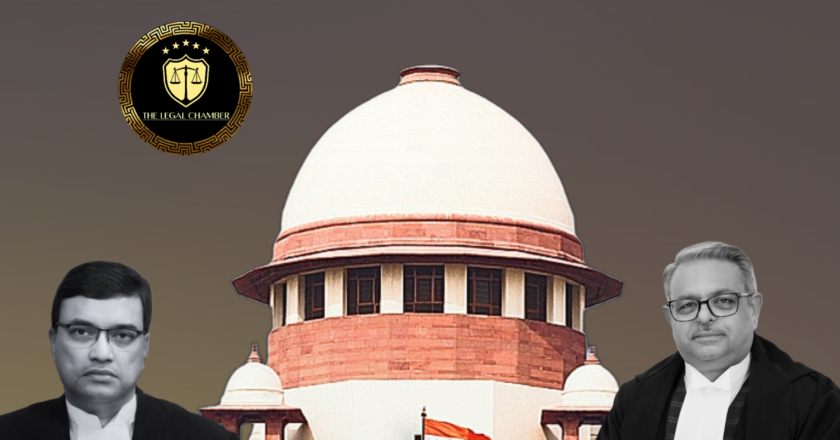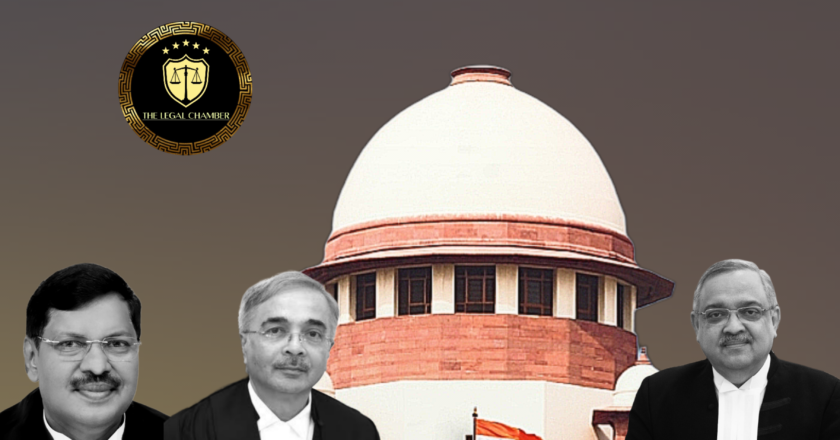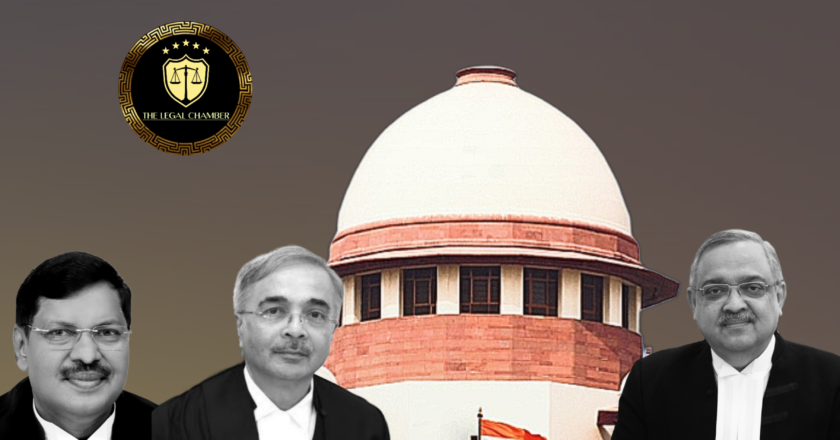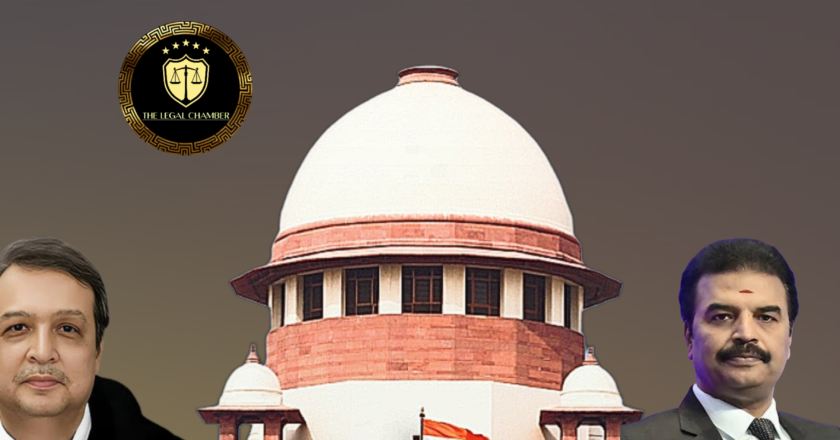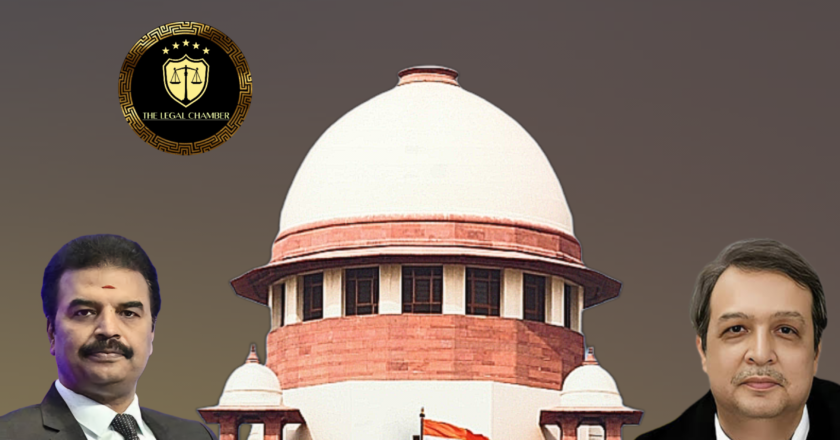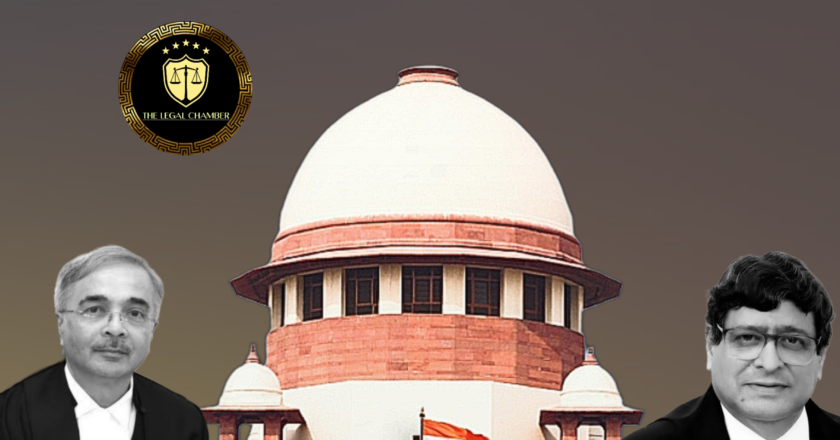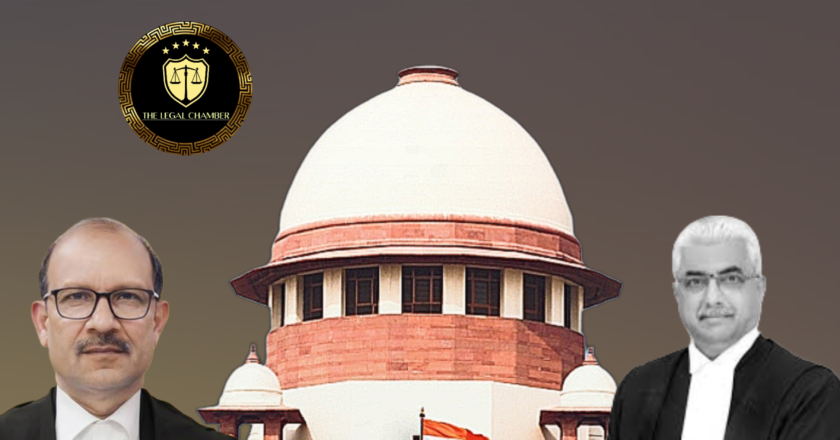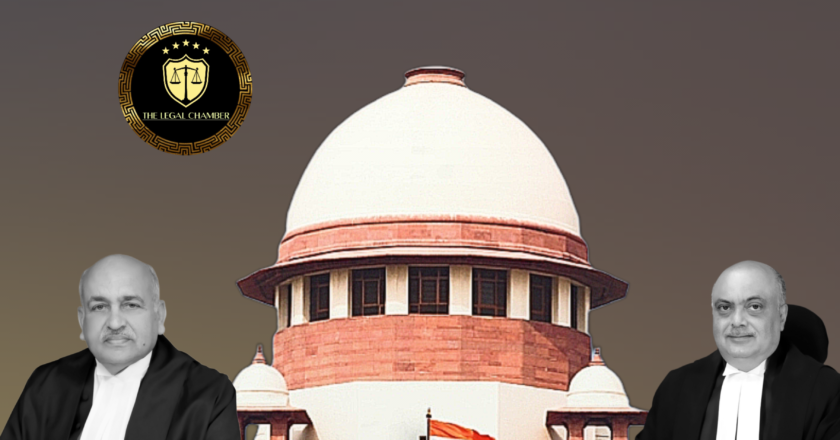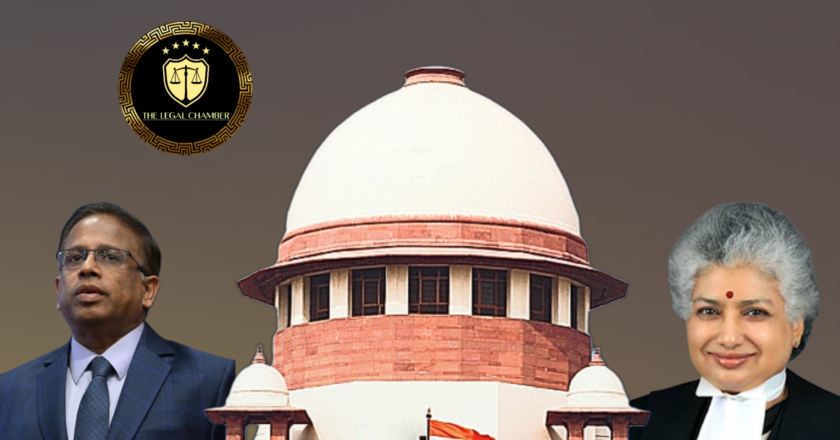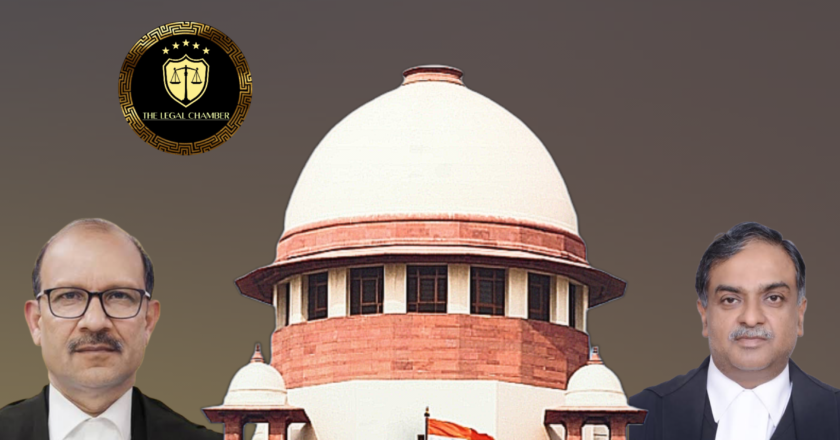Beyond Impeachment: Supreme Court Validates Its Internal Mechanism for Judicial Misconduct
The Supreme Court upheld the constitutionality of the 'In-House Procedure' for investigating allegations of judicial misconduct. It ruled that the mechanism, which can recommend a judge's removal, is a valid exercise of the CJI's authority under the Judges (Protection) Act, 1985, and does not violate the constitutional scheme for impeachment.
Facts Of The Case:
In March 2025, a fire broke out in the store-room of a Delhi High Court judge's official bungalow while he was away. During efforts to douse the flames, officials discovered burnt currency notes on the premises. This discovery raised serious suspicions of misconduct, potentially violating the values outlined in the Restatement of Judicial Life. Consequently, the Chief Justice of the Delhi High Court sought an explanation from the ...
